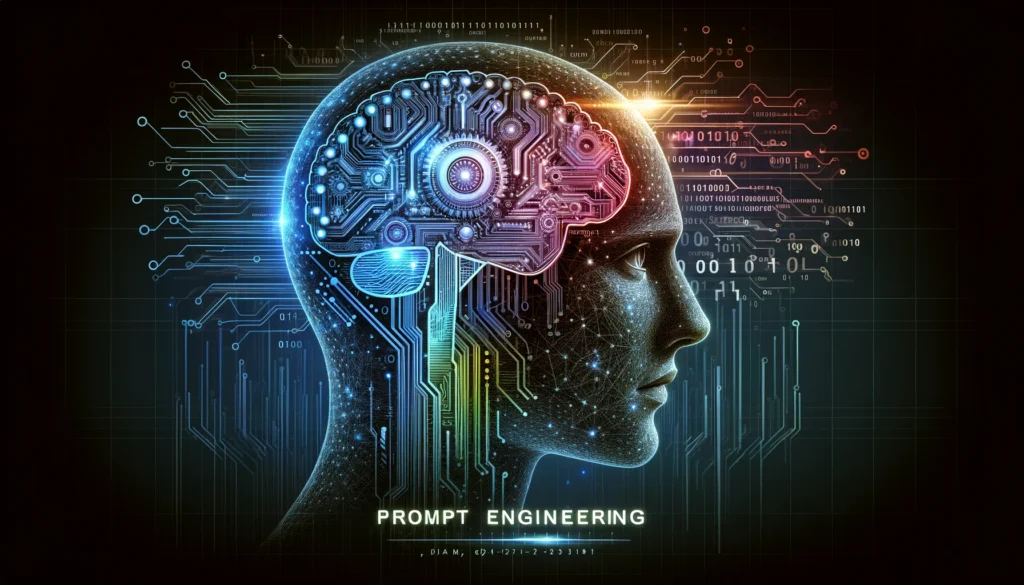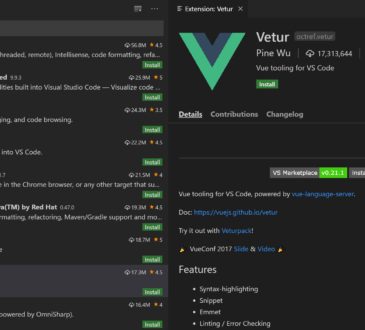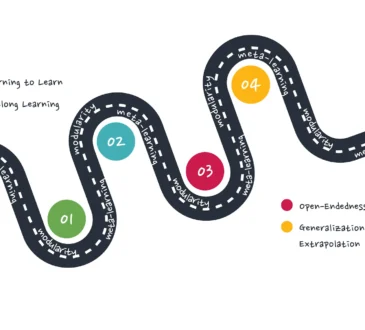
In 2025, prompt engineering is no longer a niche skill—it’s becoming a foundational tool in every developer’s toolbox. As AI models like GPT-4, Claude, Gemini, and others integrate deeper into our workflows, the way we interact with machines is rapidly shifting. Instead of writing logic from scratch, developers are increasingly guiding intelligent systems through natural language prompts.
Whether you’re a frontend engineer, backend specialist, data scientist, or DevOps pro, learning how to craft effective prompts can unlock major productivity gains—and future-proof your career.
Here’s why prompt engineering is a must-learn skill for developers right now.
🧠 1. AI Is Becoming the Default Coding Companion

Tools like GitHub Copilot, Amazon CodeWhisperer, ChatGPT, and Tabnine are becoming standard in many developers’ daily toolkits. But these tools don’t write perfect code on their own. The quality of the output depends heavily on how you ask for it.
Prompt engineering is the key to unlocking their full potential.
A well-crafted prompt can:
- Generate cleaner, more idiomatic code
- Solve edge cases and complex scenarios
- Explain bugs or suggest optimizations
Poorly written prompts? You’ll get vague, incorrect, or overly generic results.
Think of it as the difference between Googling “Python error” and searching “Why am I getting ‘ValueError: too many values to unpack’ when iterating over a dictionary in Python 3.11?”
⚡ 2. It Supercharges Your Productivity
Great prompt engineers can turn AI into a true multiplier. With a few sentences, you can:
- Scaffold entire app components
- Generate test suites
- Refactor legacy code
- Translate code between languages
- Explain unfamiliar libraries or error messages
Instead of spending hours on documentation or Stack Overflow, prompt-savvy developers get help in seconds—shaped to their specific needs.
🧩 3. It’s a Universal Skill Across Roles
Prompt engineering isn’t just for AI developers or researchers. It’s valuable across all developer disciplines:
- Frontend Devs use prompts to generate UI components or CSS styles.
- Backend Devs draft API routes, logic, and database queries faster.
- Data Scientists create Python scripts for data cleaning and visualization.
- DevOps Engineers generate YAML files, scripts, and monitor configs.
- QA/Testers write test cases and scenarios from user stories.
No matter your focus, learning how to structure prompts can cut down repetitive work and let you focus on higher-level thinking.
🧠 4. Prompt Engineering Teaches You to Think Like a Systems Designer

The best prompts are clear, structured, and goal-oriented. Crafting them requires you to:
- Understand the problem well
- Break tasks into smaller logical steps
- Define constraints and expected outputs
This mirrors the mindset of good software architecture. Prompt engineering doesn’t replace your thinking—it amplifies it.
📈 5. It Future-Proofs Your Career
AI isn’t going away. In fact, it’s becoming a co-worker. Developers who know how to communicate effectively with AI systems will have a major edge in the job market.
Employers are already looking for:
- Devs who can integrate AI tools into workflows
- Engineers who can prototype features using LLM APIs
- Team leads who can boost productivity through automation
Prompt literacy is becoming as important as knowing Git or debugging skills.
🛠️ 6. You Can Build AI-Powered Apps with Less Code
With models like OpenAI’s GPT-4, Anthropic’s Claude, and Google’s Gemini, prompt engineering enables you to build:
- Chatbots
- Virtual assistants
- Code review bots
- Content generators
- Intelligent search tools
…without building complex AI models from scratch. You write a clever prompt, hook it into an API, and suddenly you’ve got a working product. This is the core of “no-code AI” or “prompt-as-code” development.
💡 7. You’ll Get Better at Communication
Writing good prompts is like writing good documentation or issue tickets:
- Be specific
- Give context
- State what you want and don’t want
- Include examples
These are transferable communication skills that make you a better team member, mentor, and technical writer—not just a better prompt engineer.
✍️ 8. The Best Developers Know How to Iterate Prompts Like Code

Prompt engineering isn’t about finding the “perfect phrase.” It’s iterative, like writing functions or debugging. You test, evaluate, and refine.
Learning how to:
- Break a big prompt into smaller chunks
- Test outputs for accuracy
- Chain prompts to build complex workflows
…can help you prototype faster and even integrate prompt chains into production code (e.g., using LangChain, LlamaIndex, or custom pipelines).
🧪 9. Prompt Engineering Enhances Code Understanding & Debugging
Sometimes the fastest way to understand a new codebase, library, or language is to… ask an AI. Prompt engineers use tools like ChatGPT to:
- Explain what a function does, line by line
- Compare two approaches
- Find bugs and suggest fixes
- Generate inline documentation
You can even feed in chunks of code and ask, “What could go wrong here?”—a huge time-saver in debugging and code reviews.
🚀 10. It Gives You Leverage
In tech, leverage means doing more with less—less time, fewer resources, less code. Prompt engineering is all about maximizing output for minimal input.
A few lines of prompt can:
- Generate dozens of test cases
- Rewrite a UI component in a new framework
- Turn an idea into MVP code
- Summarize long logs or reports
- Parse and transform data in seconds
As AI continues to improve, those who can direct it effectively will build faster, better, and cheaper than ever before.
Final Thoughts
Prompt engineering isn’t just a cool trick. It’s a practical, powerful way to work faster, think clearer, and build smarter in the AI age. You don’t need to be an ML expert or a data scientist—you just need to understand how to talk to machines in the right way.
Whether you’re a solo developer, part of a team, or building your next big startup, prompt engineering is quickly becoming the secret weapon behind today’s most productive coders.
🎯 Start learning today by practicing prompts with your favorite AI tool.




